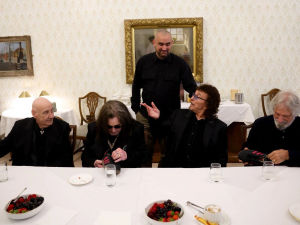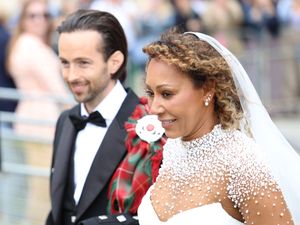Can Oscars avoid repeat of Bafta ‘all-white’ controversy?
The Academy Awards has a slightly better track record than its British counterpart at recognising diversity.

This year’s Oscar nominations will be watched closely for any evidence of the same “all-white” controversy that hit the Baftas.
Not a single non-white actor received a Bafta film nomination in last week’s list, prompting criticism from across the industry – including from Bafta’s own chief executive Amanda Berry, who said she was “disappointed” by the outcome.
The Oscars announced an all-white list of acting nominees in both 2015 and 2016, a move that provoked widespread anger in Hollywood – typified by the high-profile #OscarsSoWhite campaign on Twitter – and led to several stars boycotting the 2016 ceremony.
In response, organisers introduced a number of rule changes concerning the membership of the Academy – the industry-wide body that votes for the Oscars.
In 2017, the year following #OscarsSoWhite, a total of seven of the 20 acting nominations went to non-white actors: a record number.
In 2018 this slipped to four, and in 2019 to three.

The Oscars has a slightly better track record of recognising diversity than the Baftas.
Since 2000, there have been five years when the Oscar nominations for acting have been all-white, and two years when there has been just one non-white nominee.
By contrast, there have been six years (including 2020) when the equivalent Bafta nominations have been all-white, and a further five years when there has been only one non-white nominee.




